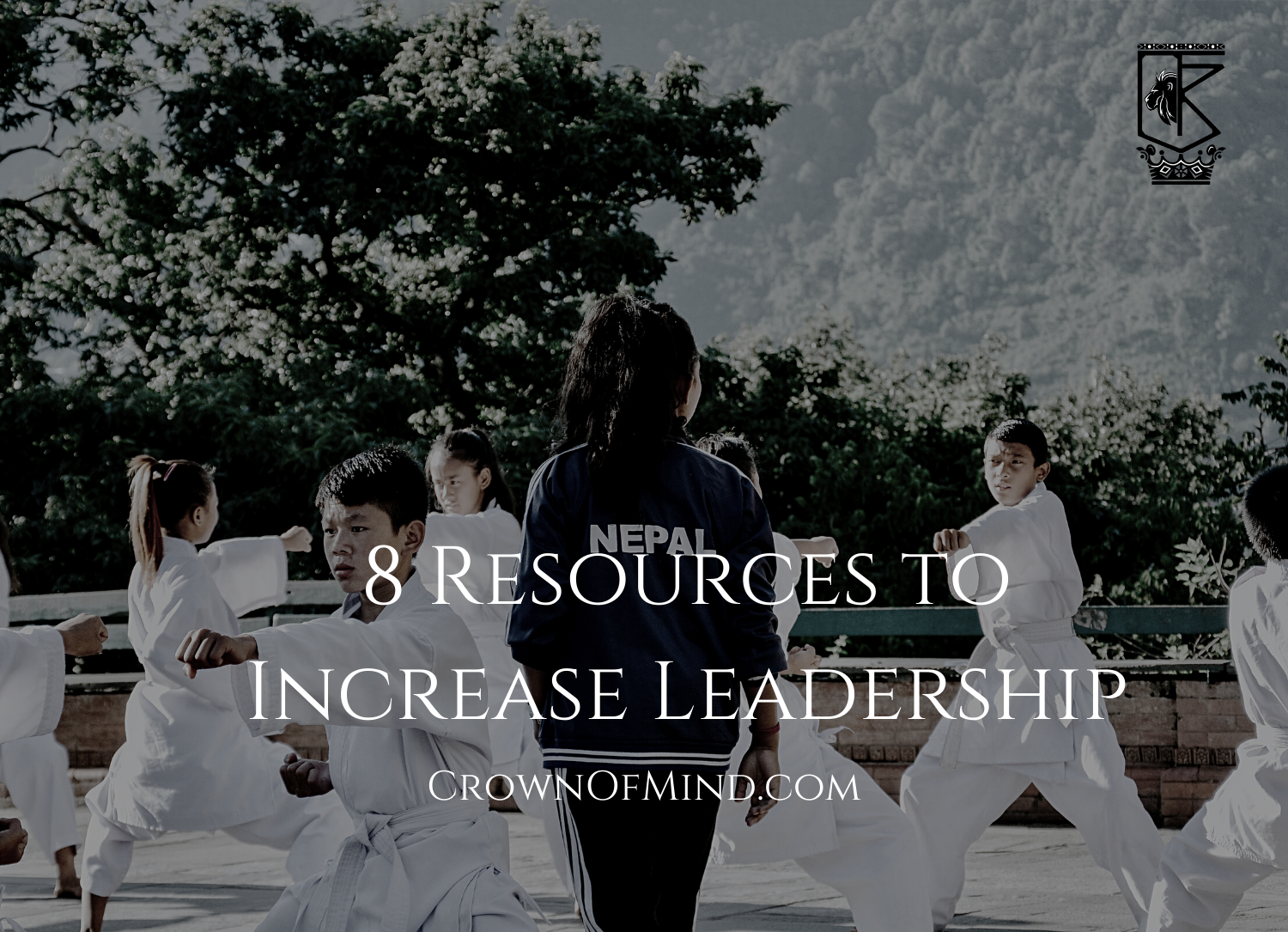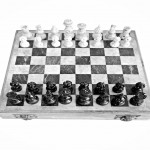This was a response to a post on LinkedIn about ways to increase leadership. It’s a token word that summarizes a number of capacities; ultimately, it’s an energy that radiates being at the helm or pioneering something, initiative, idea or empowering position that sparks others’ growth.
To be a leader, something has to be led, guided, directed, inspired, or created or marshaled towards a specific intent.
Some may confuse this energy with a manager’s, which is about maintenance, sustaining, ensuring operations, resources or people to continue a function. It’s about making sure the source runs properly.
Because this too is an energy, a leader may not have a manager’s title and a manager may not have a leader’s influence. It’s also possible for a person to exude both a leader and manager’s energy.
Increase Leadership
- The Art of War by Sun Tzu
- This is a classic text that focuses on war strategy. More than physical-weapon conflict, this text has valuable insight about foundational principles on thinking long-term vs. short-term, how to handle interpersonal conflicts, why considering resources and consequences are necessary, and one of its most well-known elements: how to win competitions before they begin. This involves mental cultivation, the unseen or metaphysical realm. When we consider the mind and how the immaterial manifests the material, we can see how two minds matched up before a material engagement already have the winner and 2nd place already determined. The match already took place spiritually.
- Learning how to play strategy games like chess and Go (weiqi) – not to become a master at the games but to master the ways of thinking that reflect life (becoming good at them as a bonus!).
- How Life Imitates Chess by Gary Kasparov — more specific to chess and life experience since the guy was a grand champion.
- Mastery by Robert Greene
- Comprehensive book on the journey one might go through to become a master at some craft. From apprentice to a practitioner to the master level. I like the approach using scenarios. Scenario-based learning helps aspirants on the path understand how knowledge is applied in a realistic situation, outside of the theoretical understanding. Pervasive laws like “As Above, So Below, As Within, So Without” can sound cool or philosophically deep, but what does it actually mean? We arrive at deeper understanding by seeing how it works in daily life.
- Outwitting the Devil by Napoleon Hill
- Discusses the vices that hold people back from leadership. The writing style is a combination of narrative, dialogue and description. This book was withheld according to Hill’s wife, because of its potency. After reading it twice and skimming on occasion, I concur that the work has some divine inspiration behind it, with how accurate Hill illustrates this type of “Devil” and its adversarial powers.
- The Great Learning by Confucius
- About the necessity of becoming educated. The perfected individual isn’t necessarily the individual who stops learning. “Perfection” is a stage or graduation, where challenges that might’ve existed before no longer exist in the being’s reality. There are newer challenges or classes to experience, with their own graduations and immunities once surpassed.
- Create an initiative that doesn’t exist; could start with a group where you’re responsible for being an example of what it represents, doesn’t have to be large.
- The Kybalion
- Ancient, universal wisdom. This area is severely lacking in contemporary leadership, as it focuses exclusively on self-mastery from the inside out.










